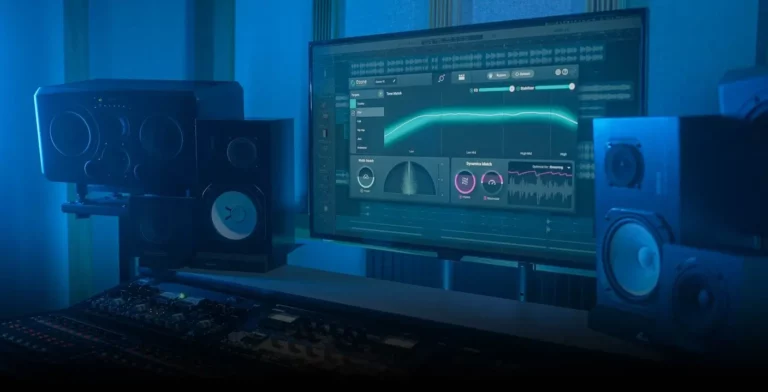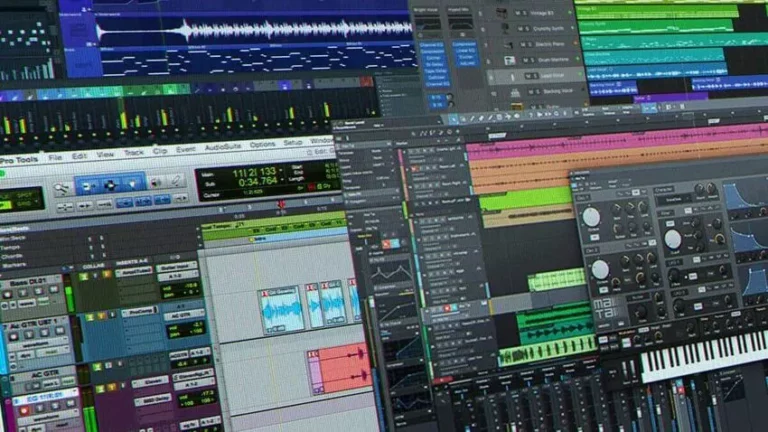In today’s digital age, many musicians and bands have access to advanced recording equipment and digital audio workstations (DAWs) in the comfort of their homes. The democratization of music production tools has empowered artists to take control of their creative process. While this DIY approach is valuable, it’s essential to recognize that even with access to the same equipment, professional mixing engineers continue to play an irreplaceable role in the music production process. In this blog post, we will delve into why, even in an era of widespread access to audio technology, bands are better off having their mix done by a professional mixing engineer.
1. Artistic Objectivity
As artists and creators, it’s easy to become emotionally attached to our work. We invest our hearts and souls into our music, and this emotional connection can cloud our judgment during the mixing process. A professional mixing engineer brings an objective perspective to the table. They listen to the music with fresh ears, without the emotional baggage, allowing them to make critical decisions that serve the song’s best interests, rather than personal preferences.
This objectivity is invaluable for ensuring that every element of the track is working harmoniously, from instrument levels to effects and spatial placement, resulting in a polished and coherent sonic experience.
2. Skillful Interpretation
Mixing isn’t just about adjusting faders and applying effects; it’s a delicate art of interpreting the artist’s vision and translating it into sound. A professional mixing engineer is trained to understand the nuances of an artist’s creative intent. They collaborate closely with musicians to capture the essence of the music and bring it to life through the mix.
It’s the mixing engineer’s ability to enhance the emotional impact of a song that sets them apart. They skillfully use dynamics, EQ, reverb, and other techniques to convey the intended mood and message, ensuring that the song resonates with listeners on a profound level.
3. Technical Mastery
While many musicians have basic knowledge of audio production, professional mixing engineers are masters of their craft. They possess a deep understanding of signal flow, acoustics, and the science of sound. Their technical expertise allows them to solve complex issues that may arise during the mixing process, such as phase problems, unwanted noise, or problematic frequencies.
Additionally, mixing engineers are well-versed in the latest advances in audio technology and techniques, ensuring that they can push the boundaries of creativity and sonic quality in ways that amateur producers may not be able to.
4. Efficient Workflow
The mixing process can be extremely time-consuming and mentally taxing, especially when trying to balance the creative aspects of music with technical precision. Bands may find themselves overwhelmed when juggling various responsibilities, from recording to marketing and performance. A professional mixing engineer’s role is to streamline the mixing process, allowing the artist to focus on their strengths: making music.
With their expertise and efficient workflow, mixing engineers can expedite the process, leading to a faster turnaround and a more productive and less stressful experience for musicians.
5. Broad Experience
Professional mixing engineers work with a wide variety of musical genres and artists. This diversity of experience equips them with the skills to adapt to different styles, requirements, and challenges. Their extensive portfolio provides a rich source of knowledge, enabling them to bring a unique touch to every project, whether it’s a rock ballad, electronic dance track, or orchestral composition.
Conclusion
In an era where musicians have unprecedented access to technology and recording equipment, the role of a professional mixing engineer remains indispensable. These professionals offer artists much more than just access to advanced gear; they provide an objective, artistic, and technically skilled perspective that elevates the quality of music to new heights. Their ability to interpret and enhance the artist’s vision, resolve technical challenges, maintain efficient workflows, and draw upon a wealth of diverse experiences make them essential collaborators in the music production process. While home recording setups have revolutionized the industry, the expertise of a professional mixing engineer is the bridge between a good song and a captivating masterpiece that resonates with audiences around the world.





